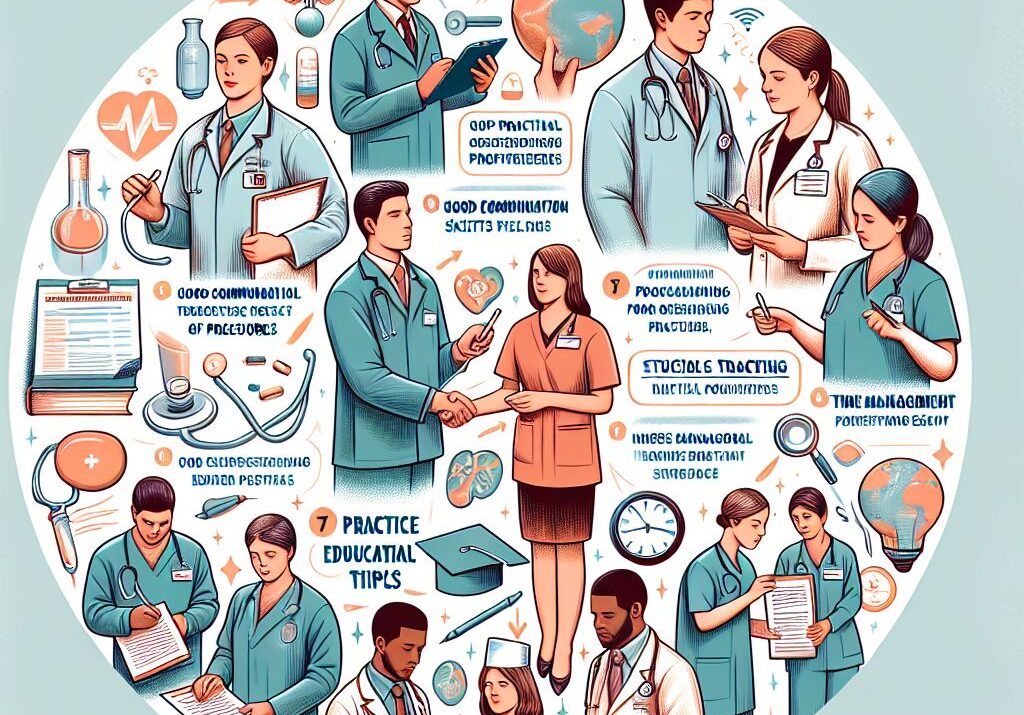Introduction
Nursing is an extremely demanding profession that requires a high level of expertise, dedication, and resilience. This is even more so during clinical rotations, which form an integral part of nursing education. The rotations provide students with practical experience in a real-world clinical setting, enabling them to apply the theoretical knowledge gained in class. It is therefore crucial for nursing students to take full advantage of this opportunity to succeed in their future careers. In this regard, this article provides practical strategies for nursing students to excel in their clinical rotations, which include effective time management, building professional relationships, developing strong communication skills, and continuous learning.
• Effective time management is a critical skill that nursing students need to master to handle the demands of clinical rotations effectively.
• Building professional relationships with medical practitioners and other healthcare professionals is crucial for learning and future career advancements.
Effective Time Management
Effective time management is an essential skill that nursing students must master to succeed in clinical rotations. This involves planning and organizing one’s tasks and activities to ensure they are completed within the required time frame. According to the American Nurses Association, effective time management can significantly reduce stress and increase productivity during clinical rotations (American Nurses Association, 2015).
Building Professional Relationships
Building professional relationships with medical practitioners and other healthcare professionals is crucial for learning and career advancement. These relationships provide nursing students with opportunities for mentorship, professional growth, and networking, which are critical for their future careers. A study by the National Institute of Health emphasized the importance of professional relationships in nursing education, stating that they significantly enhance learning experiences during clinical rotations (National Institute of Health, 2017).
Developing Strong Communication Skills
Communication skills are paramount in nursing practice. They enable nursing students to interact effectively with patients, families, and other healthcare professionals. Good communication skills enhance patient care, improve team collaboration, and reduce errors in healthcare delivery. The World Health Organization has identified communication as a critical competency for healthcare professionals, including nurses (World Health Organization, 2007).
Continuous Learning
Continuous learning is a vital aspect of nursing education. It enables nursing students to keep abreast with the latest developments in healthcare, improve their skills, and provide quality care to patients. The Institute of Medicine emphasizes the importance of continuous learning in nursing, stating that it is necessary for maintaining professional competence and achieving optimal patient outcomes (Institute of Medicine, 2010).
Conclusion
In conclusion, succeeding in clinical rotations requires nursing students to adopt practical strategies, including effective time management, building professional relationships, developing strong communication skills, and embracing continuous learning. By implementing these strategies, nursing students can enhance their learning experiences during clinical rotations and set a solid foundation for their future careers.
For more insights, you can read these articles:
– Practical Strategies For Nursing Students To Succeed In Clinical Rotations
– Data Science Strategies For Ai Implementation
– Data Science Strategies For Ai Implementation






